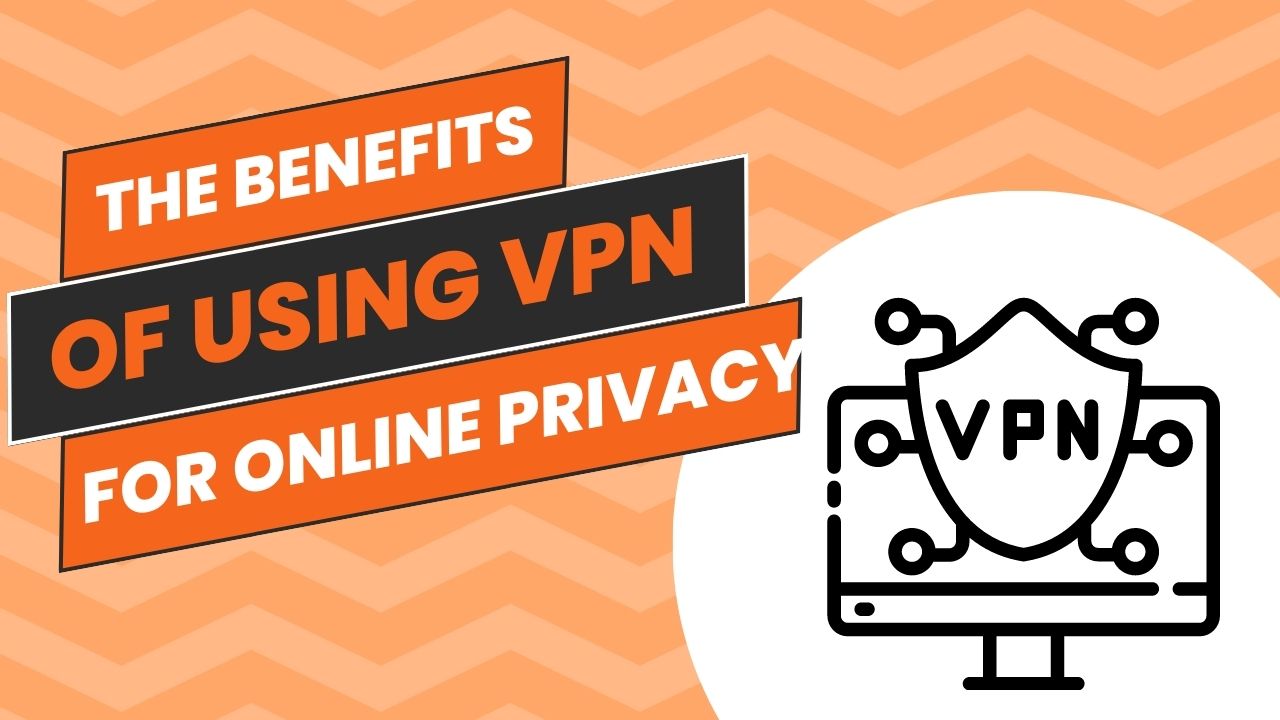In this digital era, online privacy has become a major concern for everyone. As we are connected to the internet more than ever before, our personal information is at risk of being stolen, monitored, or tracked by various parties. Fortunately, VPNs (Virtual Private Networks) can provide a solution to protect our online privacy. In this article, we will explore the benefits of using VPNs for online privacy.
Introduction to VPNs
Before we dive into the benefits of using VPNs for online privacy, it’s essential to understand what VPNs are and how they work. In simple terms, a VPN is a secure and private network that connects you to the internet. It encrypts your internet connection, making it difficult for third parties to intercept or monitor your online activities.
What is encryption?
Encryption is the process of converting data into a code or cipher to prevent unauthorized access. When you use a VPN, your internet connection is encrypted, which means your online activities are hidden from prying eyes.
The Benefits of Using VPNs for Online Privacy
1. Protection from Hackers and Cybercriminals
Hackers and cybercriminals are always on the lookout for vulnerable internet connections to exploit. When you use a VPN, your internet connection is encrypted, which makes it difficult for hackers to steal your personal information or login credentials.
2. Anonymity Online
Using a VPN allows you to browse the internet anonymously. Your IP address, which is used to track your online activities, is hidden behind the VPN’s server. This means that your online activities cannot be traced back to your physical location.
3. Access to Geo-restricted Content
Some websites and online services are only available in certain countries. With a VPN, you can connect to a server in the country where the content is available and access it as if you were located in that country.
4. Protection from Surveillance
Governments and other organizations may monitor your online activities for various reasons, such as national security or marketing purposes. Using a VPN can prevent surveillance and protect your online privacy.
5. Secure Public Wi-Fi Connections
Public Wi-Fi networks are often unsecured, which means that anyone on the network can access your personal information. When you use a VPN, your internet connection is encrypted, which makes it safe to use public Wi-Fi networks.
6. Protection from ISP Monitoring
Your internet service provider (ISP) can monitor your online activities and sell your browsing data to advertisers. When you use a VPN, your online activities are hidden from your ISP, which means they cannot monitor or track your online activities.
7. Increased Security for Business Users
VPNs are not only beneficial for personal use but also for businesses. Using a VPN provides increased security for business users, as it encrypts their online activities and prevents data breaches.
Conclusion
In conclusion, using a VPN is a simple and effective way to protect your online privacy. With the increasing risk of cyber threats and government surveillance, it’s essential to take steps to safeguard your personal information. VPNs provide a solution to protect your online privacy and offer various benefits, including protection from hackers and cybercriminals, anonymity online, access to geo-restricted content, protection from surveillance, secure public Wi-Fi connections, protection from ISP monitoring, and increased security for business users.
FAQs
- Is using a VPN legal?
- Yes, using a VPN is legal in most countries. However, there are some countries where VPNs are banned or restricted.
- Can a VPN slow down my internet speed?
- Yes, using a VPN can slow down your internet speed. However, this depends on various factors, such as the quality of the VPN service, the

